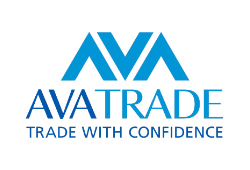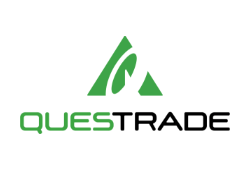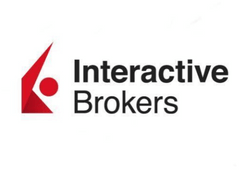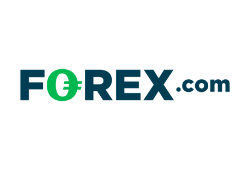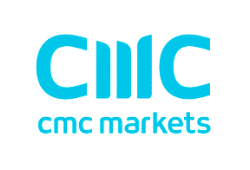Best Forex Brokers in Canada
Forex trading is easily one of the most popular trading venues among Canadians today, offering access to global currency markets and increased profit through the use of leverage.
Still, the choice of a broker remains one of the most important things to consider before opting to trade this way, which is why we’ll list the leading companies on the market today.
Best Forex Brokers in Canada for February 2026
Top 5 Canadian Forex Brokers - Our Picks for 2026:
AvaTrade
Questrade
Interactive Brokers
Forex.com
CMC Markets
How We Evaluate Canadian Forex Brokers
Our rankings on this page are predominantly based on a number of important factors we believe paint the best overall picture of a broker’s quality.
Regulation and Investor Protection
Forex trading in Canada is both legal and regulated at the federal and provincial levels, and therefore, all the brokers on our list are licensed by the Canadian Investment Regulatory Organization (CIRO).
This is the unified self-regulatory organization which launched in 2023, succeeding the former IIROC and MFDA as a single national oversight body.
If brokers are operating in specific regions of the country that have their own securities regulator, they must also be compliant with federal and provincial licensing requirements.
Our team cross-referenced each broker’s regulatory status using:
We verified whether the broker holds a valid license, which provinces it is authorized to operate in, and whether it is covered by the Canadian Investor Protection Fund (CIPF).
Trading Costs and Account Types
The costs and potential fees are another huge factor when choosing a broker, which is why we evaluated real spread data on major currency pairs and assessed things like commissions per lot to highlight the brokers with the best offers on the market today.
We also take note of additional costs like account maintenance or inactivity or withdrawal fees to evaluate each broker, as we value those companies with transparent and fair pricing structures in this regard.
Trading Platforms and Tools
One of the most important things when selecting a broker is its offering of trading platforms and trading tools.
Some brokers provide multiple choices, while others have their own proprietary trading platforms, and we’ll always rate those brokers that deliver speed, stability, easy access and advanced trading functionality higher than those that fail to deliver on these promises.
We also examine available plug-ins and third-party integrations like Autochartist or Trading Central for improved customization, technical capabilities and functionality.
Educational and Research Resources
We firmly believe that all brokers should provide new users and beginner traders with rich educational and research support.
This is why we’ll highlight brokerages with video walkthroughs and platform guides, as well as those that provide coaching, tutorials or interactive learning modules like progress tracking and quizzes.
Features like third-party research access and tools to support strategic decision-making are also something we believe is highly important, as adding more depth and accessibility to traders is always good in our mind.
Customer Support and Accessibility
Finally, we tested each broker’s customer service and the channels it offers it through. We’ll give more favorable ratings to brokers that offer multi-channel support, with all-around-the-clock customer support service.
We also consider the overall user experience on the website, the onboarding process during the initial sign up, as well as the educational resources available to traders regarding the ins and outs of the broker’s offering.
Finally, we prefer brokers who have positive customer reviews, and those with dedicated and well-optimized mobile apps and websites that work flawlessly regardless of the device you choose to trade on.
A Short Guide to Forex Trading in Canada
Before you start trading in the Canadian forex market, it is also important to understand how the local market operates, especially in terms of regulation, tax implications and leverage limits.
Our quick overview of these and other things we feel are important to consider is meant to help you navigate this trading landscape with confidence.
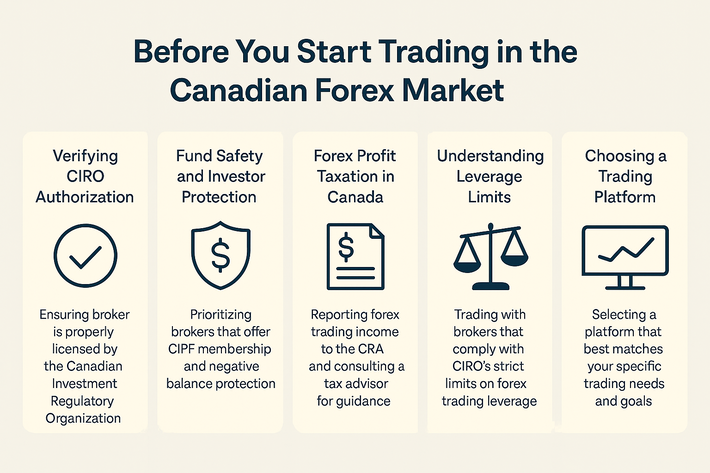
Verifying CIRO Authorization
The most important thing before opening a live trading account with any broker in Canada is to ensure that the company is properly licensed by the Canadian Investment Regulatory Organization (CIRO).
Here’s how you can verify a broker’s regulatory status:
- Review the website footer for a CIRO membership disclosure or registration number.
- Search the CIRO Advisor Report to confirm the broker is listed as a registered Dealer Member.
- Use the CSA National Registration Database to ensure the broker is authorized to operate in your province or territory (e.g., through the Ontario Securities Commission or the AMF in Québec).
If you trade with a broker that isn’t regulated by CIRO, you expose yourself to unnecessary risk, which includes the potential for fraud, lack of investor protection, and limited recourse in the event of disputes or insolvency.
Fund Safety and Investor Protection
In addition to the requirements set by CIRO, many brokers are also members of the Canadian Investor Protection Fund (CIPF), which insures eligible client assets up to CA$1 million in the event that the brokerage fails financially.
When possible, you should also look for brokers that provide negative balance protection, so you cannot lose more than the funds you’ve deposited, even in times of high volatility. This is one investor protection feature that is not strictly mandated by law, but if available, it shows a clear commitment on the side of the broker when it comes to client risk management.
To maximize security, we recommend choosing brokers that combine CIRO licensing with CIPF membership and platform-level protections like stop-loss orders and margin alerts.
Forex Profit Taxation in Canada
When it comes to taxation, Canadian residents are required to report their forex trading income to the Canada Revenue Agency (CRA), with profits being taxed depending on how that income is classified.
In most cases, profits from forex trading are classed as capital gains, meaning that 50% of the net gain is taxable. Likewise, 50% of the realized losses can be deducted against gains in order to reduce your tax burden.
Another common type of taxation is business income, which applies if forex trading is your primary source of income or is conducted with high frequency and with a clear intent to generate profit, which in turn may lead the CRA to classify it as business income, making it fully taxable at your margin rate.
Losses can be carried forward to offset capital gains in future years. However, because tax classification depends on individual circumstances, it’s wise to consult a tax advisor familiar with active trading and CRA policies.
Understanding Leverage Limits
Probably the most crucial component in forex trading is leverage, which allows you to open larger positions than your account balance, and in turn open you up to higher profits.
However, leverage in the Canadian forex market is strictly regulated by CIRO, in order to help protect retail investors from potentially excessive risk
This is why maximum leverage is limited for all retail clients to 1:50 on USD/CAD pairs, 1:30 or lower for other major currency pairs, and 1:2 for cryptocurrency trades.
If a broker is not regulated in Canada and is for example an offshore brokerage, you may see leverage as high as 1:500, but this not only comes with fewer safeguards, but also lead you to massive losses, which is why we always recommend working only with CIRO-regulated brokers, even if the profit margin is lower in the short term.
If you want a more in-depth explanation of the general rules of leverage in trading, you can always consult our dedicated guide.
Choosing a Trading Platform
Lastly, the choice of a broker should be influenced by the trading platform or platforms it offers, as each trader’s preference can be different, and some platforms may suit you better than others.
For example, the most popular platforms right now are MetaTrader 4 (MT4) and MetaTrader 5 (MT5), which are known for their ease of use, along with powerful charting tools and algorithmic trading capabilities.
TradingView is another favorite among more visual traders, with advanced technical indicators, seamless web-based access and the capability of running custom scripts.
cTrader is also on this list when it comes to adoption, providing an overall great experience built around transparent pricing, lightning-quick execution and a user-friendly interface.
Some brokers also use their own proprietary trading platform which are more niche and tailored to specific user needs, with even more integrated tools and better analytics than the third-party solutions we listed above.
If you’re a beginner, you can also look for brokers that support copy trading or social trading through their own platforms or third-party integrations, which may tip the scales in a broker’s favor if you’re first looking to mirror the successful strategies of experienced traders before you’re confident in trying your own.
Whichever choice you go with, make sure that the broker’s platform offers best-matches your own trading needs, knowledge level and goals, as this is one of the main things that will influence your trading experience in the long run.

